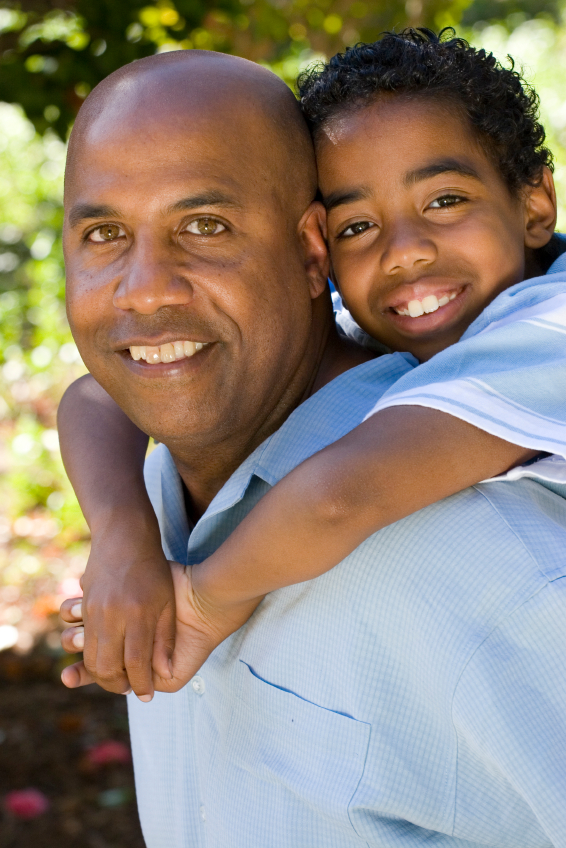 What do Dwayne “The Rock” Johnson, Vin Diesel, Daniel Criag and Chris Hemsworth all have in common? They are all actors portrayed in movies that shape their audience’s beliefs of what a “real” man is expected to look and act like. These actors, along with many others, represent what society views the male to be: masculine, confident, strong and fearless.
What do Dwayne “The Rock” Johnson, Vin Diesel, Daniel Criag and Chris Hemsworth all have in common? They are all actors portrayed in movies that shape their audience’s beliefs of what a “real” man is expected to look and act like. These actors, along with many others, represent what society views the male to be: masculine, confident, strong and fearless.
But what about outside of the movie screen? Regardless of what society thinks men should be, there is a reality that is dismissed. Although men are physically strong, they are still capable of being victims of domestic violence.
Although domestic violence is typically a crime against women, that does not mean men are not threatened. The Florida Coalition Against Domestic Violence (FCADV) Annual Report of 2009-2010 revealed that out of the 15,076 individuals served in shelter 41 of those individuals were men. The FCADV also reported that out of 42,196 individuals served in outreach 3,597 of those were men.
Men are typically reluctant to report an abusive relationship because they are afraid of embarrassment or disbelief. Society has built this “macho” stereotype for men to mirror. If unable to meet those expectations they may be perceived as weak, cowardly or unstable. Women inflicting violence on a man is difficult for people to grasp. A true number of male victims are unknown because of their reluctance to verbalize fear of any kind.
Domestic violence consists of four main types of abuse: physical, emotional, sexual and economic abuse.
- Physical Abuse: If you are in a physically abusive relationship you may experience slapping, hitting, choking, kicking, shoving, shaking, punching, spitting, someone throwing objects at you, restraining you physically or threatening violence.
- Emotional Abuse: Emotional abuse is harder to identify but some of the common things we see are name calling, insults, verbal attacks, humiliation, destruction of personal property, harming or threatening to harm your pets, making you feel guilty and responsible for the abuse, causing you to feel bad about yourself, playing mind games and extreme jealousy.
- Sexual Abuse: Sexual Abuse is the third type of abuse and can consist of someone forcing you to engage in sexual acts that make you uncomfortable or are overly aggressive or violent, coercing you to have sex through manipulation or threats, forcing you to watch pornography or other sexual acts, denying you contraception or protection, or sending you harassing e-mails or other communication containing sexual content. You have the right to decide what is done to your body, even when you are in a relationship!
- Economic Abuse: The fourth type of abuse, economic abuse, is often used as a way to limit someone’s options and keep them in an unhealthy relationship. If you do not know what it takes to support yourself and your children or you have never worked outside the home, it is scary to think of leaving. Economic abuse can be not allowing you to work, isolating you by limiting your access to money, controlling financial decisions without your consent or forcing you to use money for their needs while neglecting your needs and the needs of your family.
Physical abuse is typically much greater when a man is the abuser of a woman but that does not mean a woman cannot inflict violence on a man. Unfortunately in some cases, the physical abuse leads to a fatality. Statistics show that on average more than three women and one man are murdered by their intimate partners in this country every day.
Emotional abuse can demolish a man’s self worth, leaving him feeling unable to live up to society’s expectations of a “man”. Repeated emotional and psychological abuse can weaken one’s confidence. It is hard to repair the belief of worthlessness if it has gone on for a long time. It is a main reason why people stay in abusive relationships.
Ending domestic violence does not stop with women. Much encouragement should be given to men to report relationship abuse. Domestic violence should not be ignored no matter who the victim is.
Hubbard House offers shelter for women, children and men who need help. If you or someone you know is in an abusive relationship please call the Hubbard House domestic violence hotline at 904-354-3114 or 1-800-500-1119.
ABOUT HUBBARD HOUSE
Founded in 1976, Hubbard House is a certified, comprehensive domestic violence center providing programs and services to more than 6,000 women, children and men annually in Duval and Baker counties. While Hubbard House is most known for its emergency shelter, the agency also provides extensive adult and youth outreach services, school-based education, therapeutic child care, batterers’ intervention programs, court advocacy and volunteer and community education opportunities. Visit www.hubbardhouse.org to learn more.
By: Lindsay Van-Zant
